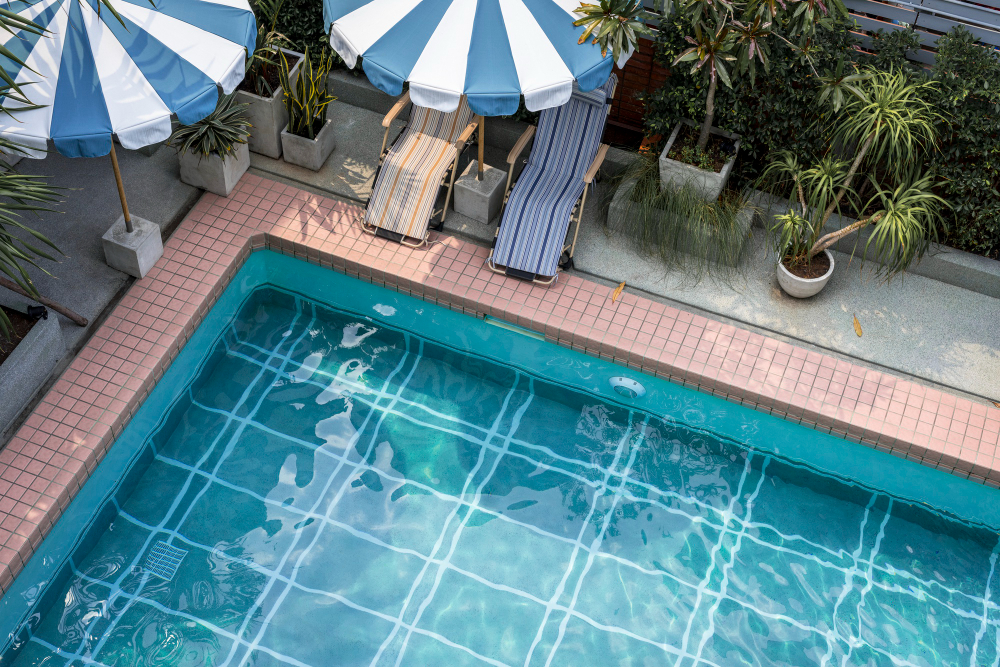
Having a swimming pool can be a source of great fun, relaxation, and physical exercise. However, it also comes with various maintenance demands and potential problems that require prompt attention. Whether it's a minor issue or something more complex, knowing how to identify and fix pool problems can save you money while keeping your pool healthy and enjoyable. In this article, we'll explore the most common swimming pool issues and provide tips on how to address them.
1. Algae Growth
Algae can easily take over a pool, especially if the water is not properly filtered and sanitized. It can cause a green or cloudy appearance in the water, making it unappealing to swim in. To prevent and treat algae growth, it's important to regularly check and balance the pool's pH and chlorine levels. You'll also need to brush the pool's walls, shock the water, and add algaecide as necessary. If the algae problem persists, you may need to drain and clean the pool.
2. Low Water Level
A low water level can be caused by various factors, including evaporation, leaks, or a faulty pool pump. If you notice that the water level has dropped significantly, check for any visible cracks or wet spots around the pool. If you can't find any obvious damage, the problem may lie in the pool's plumbing system or filtration system. Be sure to contact a professional pool repair company, like All Phase Pool Remodeling, who can fix the problem and ensure that your pool is functioning properly.
3. Pump Issues
The pool pump is responsible for circulating water through the pool's filter and back into the pool. If you notice that the pump is making strange noises, leaking, or simply not working, it could be due to a variety of issues, including clogged impellers, a damaged motor, or faulty wiring. To fix this, you'll need to determine the root cause of the problem and replace any necessary parts. Be sure to contact a certified pool repair technician to avoid further damage to your pool.
4. Cracks and Leaks
Cracks and leaks are common issues that can affect the structural integrity of your pool. They can be caused by ground shifting, freeze damage, or aging materials. If you notice cracks or leaks in your pool, it's important to address them immediately to prevent further damage. Depending on the severity of the issue, you may need to resurface the pool, replace tiles, or repair plumbing lines.
5. Dirty Filters
Pool filters are designed to remove debris and contaminants from the water, but over time, they can become clogged and inefficient. Dirty filters can affect the water circulation, cause the pool to become cloudy, and increase the workload on the pool's pump. To prevent this issue, be sure to clean or replace the filters regularly, depending on the type of filter you have. Sand filters should be backwashed every 4-6 weeks, cartridge filters should be cleaned every few months, and DE filters should be backwashed and cleaned annually.
Conclusion
Swimming pool issues can be complex and overwhelming, but with proper care and attention, you can keep your pool in great condition. By regular pool maintenance, being observant for any visible signs of damage, contacting a certified technician, and being proactive to address any potential problems immediately can make the entire difference. Remember, if you need assistance with pool repair in St Augustine, FL, All Phase Pool Remodeling has you covered. Contact us for free estimates today.